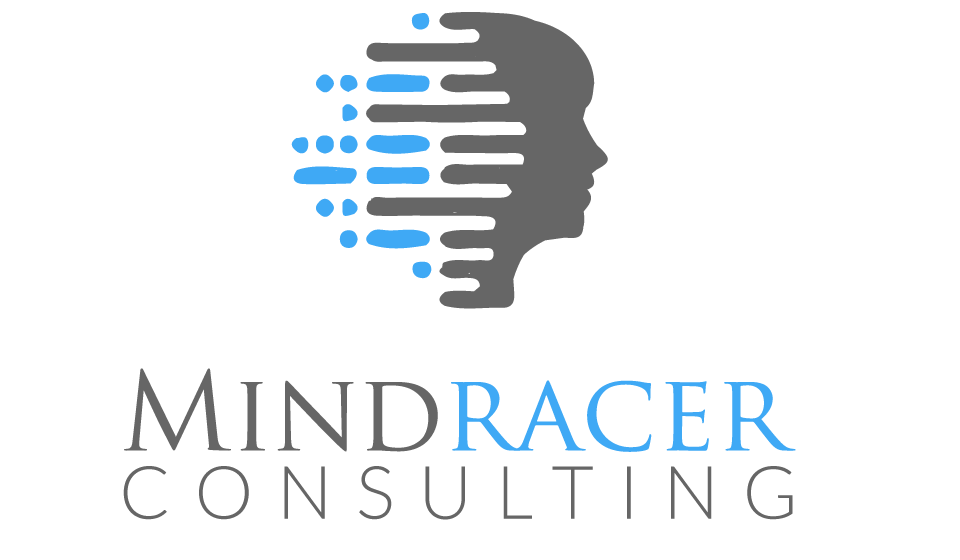Why 97% of Buyers Don’t Trust Salespeople
After a career in sales, I completely understand why buyers don’t trust salespeople.
It’s called buyers’ remorse, and it’s that terrible feeling you get when you’ve spent too much or signed a contract for a product or service without thinking it through. Research shows emotions are a vital part of decision making, and it seems to me that people don't trust salespeople because they have experienced negative emotions after the positive ones go away, and they have someone to blame.
However, it is very easy to experience this without being able to blame a salesperson. Have you ever won an online auction because you didn't want to lose the item rather then really needing it, or bought something on impulse without fully thinking it through? I have, in fact I did it just last week.
Those of you who have bought from Apple in the store will know they don’t have salespeople. You have to go tell someone you want to buy. Earlier this week I took an iPad I had bought back to the Apple store, explaining that I thought it was a great product, I just didn’t need it. It doesn’t fit the way I work.
How did this happen?
I have a very enthusiastic non-Apple employee friend who loves her iPad for work and convinced me to give it a try. I walked in, made a selection and found a team member to buy from. I tried the product and it just didn’t fit my workflow. Props to Apple for being awesome and taking it back. Yet there it was: “Buyers remorse” as the reason the associate entered for my refund.
What’s my point?
Apple has an almost unique position being that they have no salespeople and awesome products available at an impulse price point. Your business probably is not in this situation, and you have to handle with care.
Salespeople are professional influencers, a very powerful skillset that must be used responsibly, and there are certainly those that don't consider the knock-on effect of pushing a deal a little too hard for a close. In a situation where a professional salesperson is involved, they need to be careful to earn and maintain a buyers trust, and protect people from buyers remorse.
Just because a prospect filled out a lead form or called you today doesn’t mean they’re an ideal fit for your product or service, and selling them something they don’t want or need guarantees buyers’ remorse, and potentially issues for the company, too.
Qualification helps a lot, but the best fix is having the right mindset which means your team is not desperate to close every person they meet. The act of telling people they’re not a fit for your product or service and WHY earns their trust, with bonus points for suggesting an alternative solution.
So how do you maintain trust?
Taking an approach that assumes nothing, making sure you ask great questions to ensure the problem being solved is clear and the buyer is acknowledged and understood before suggesting a solution is the mark of a professional salesperson.
A great reputation, which just 3% of salespeople apparently enjoy, is the result of sometimes saying “no” in order to get to “yes” with the right buyer.
When the person you said “no” to does need what you sell, they will be back.
Are you in the 3%?
If you want your team to be in the 3%, and you want help, contact us
* Inspired by this article from Hubspot

